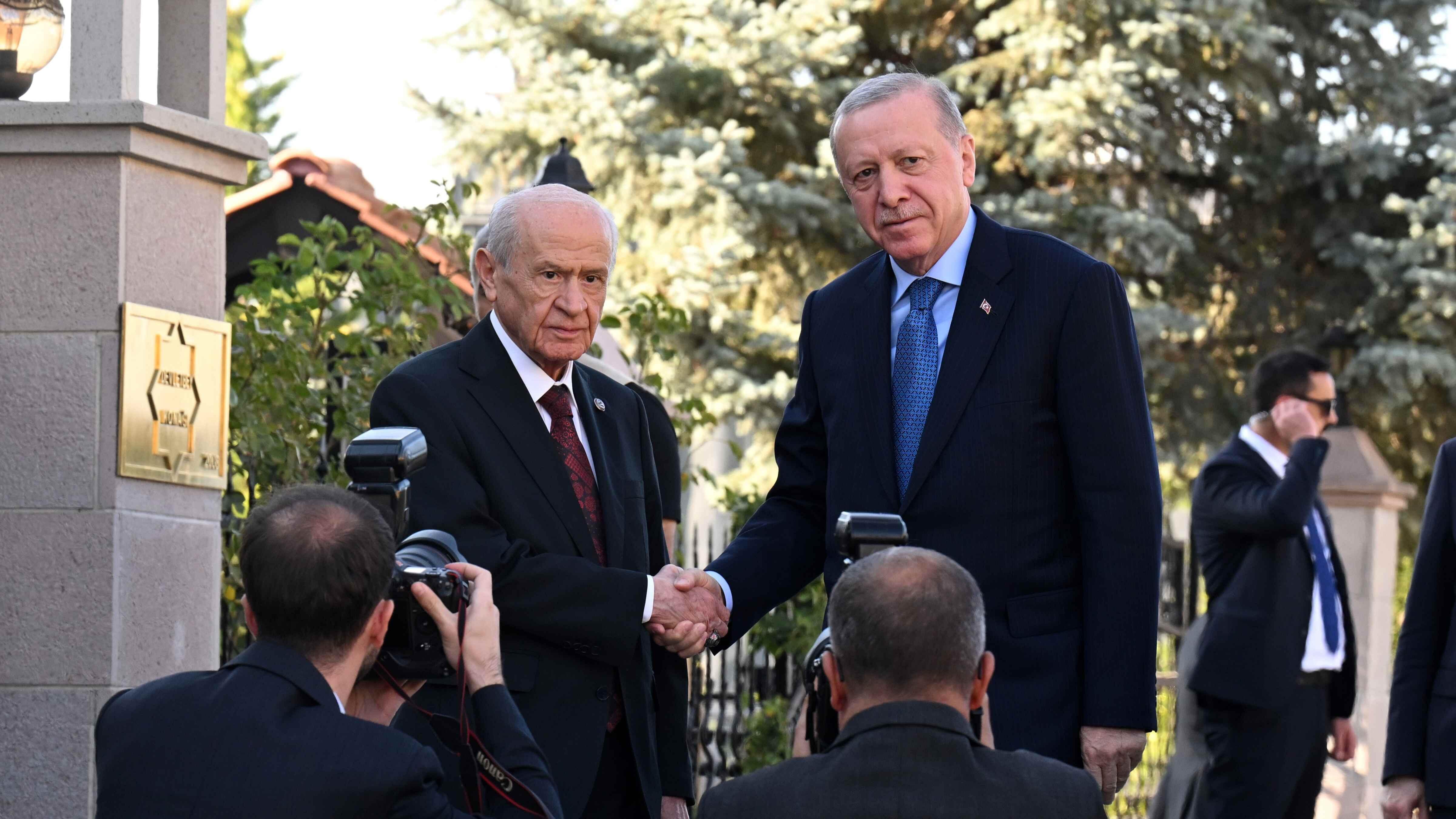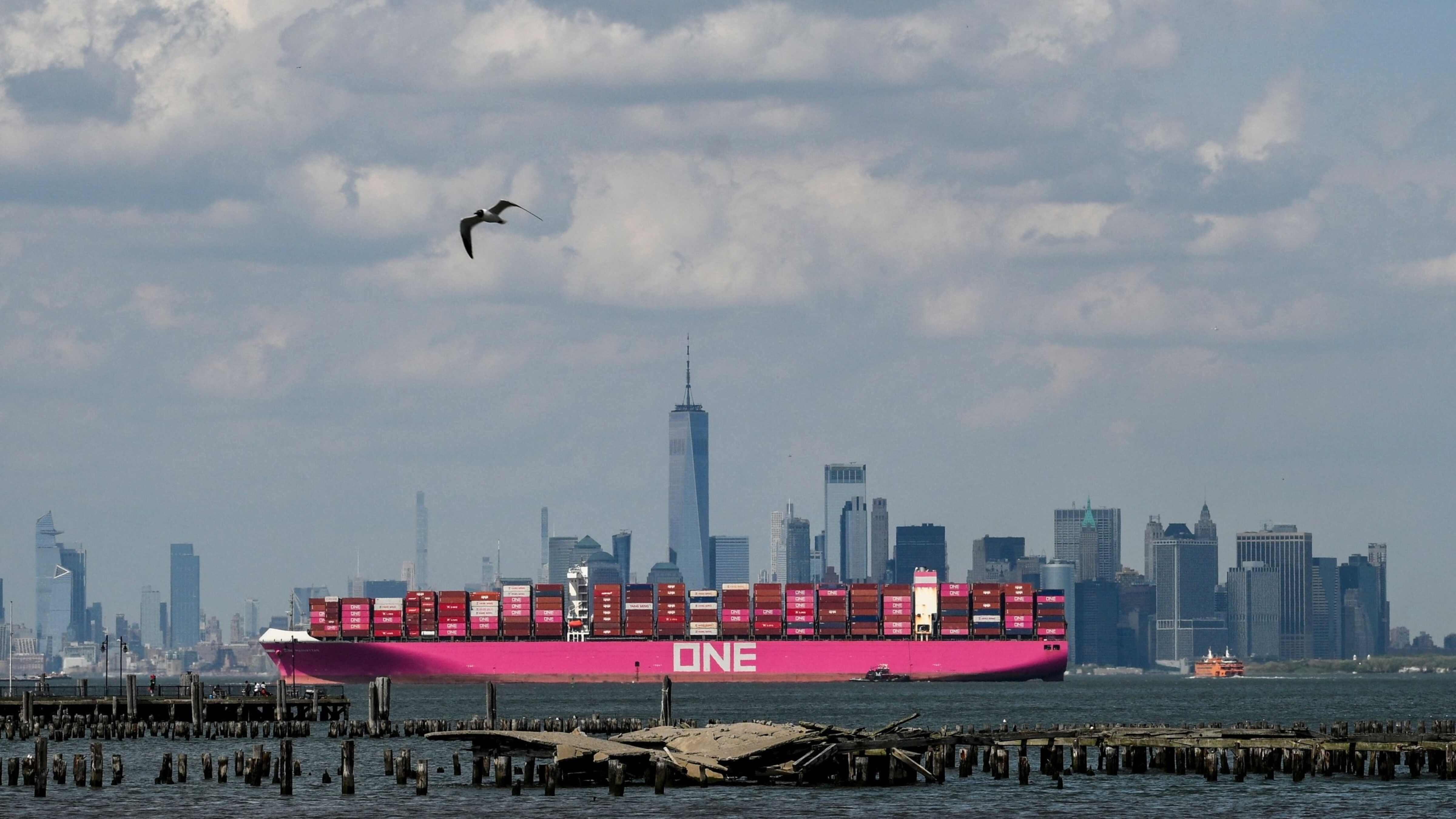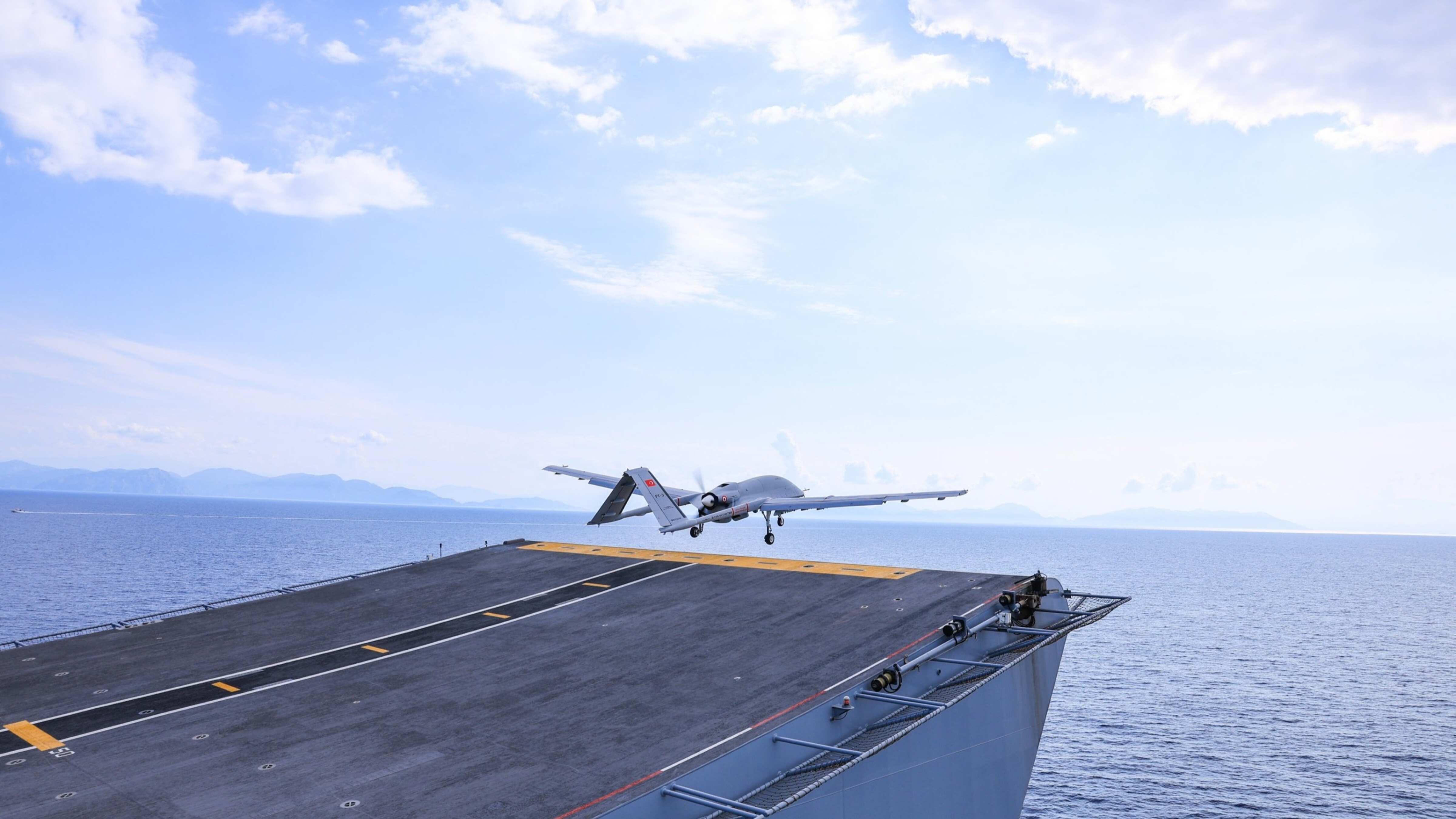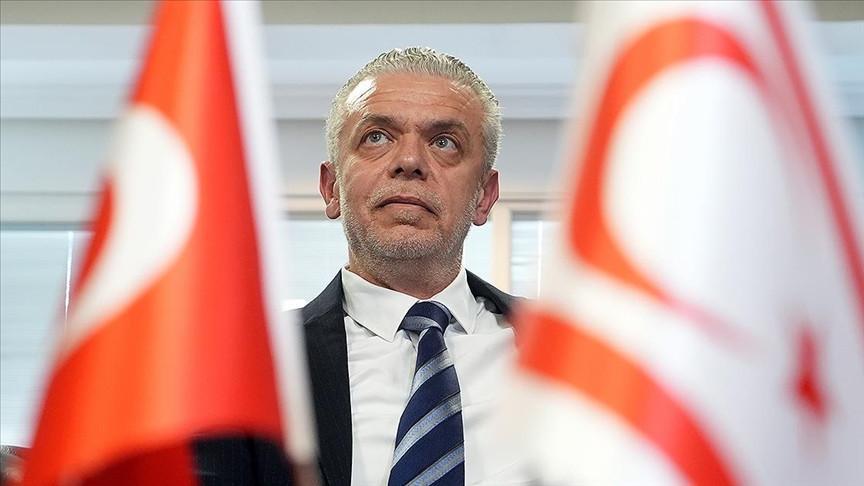Turkey offers ‘alternative’ as energy hub for Europe
BERLIN
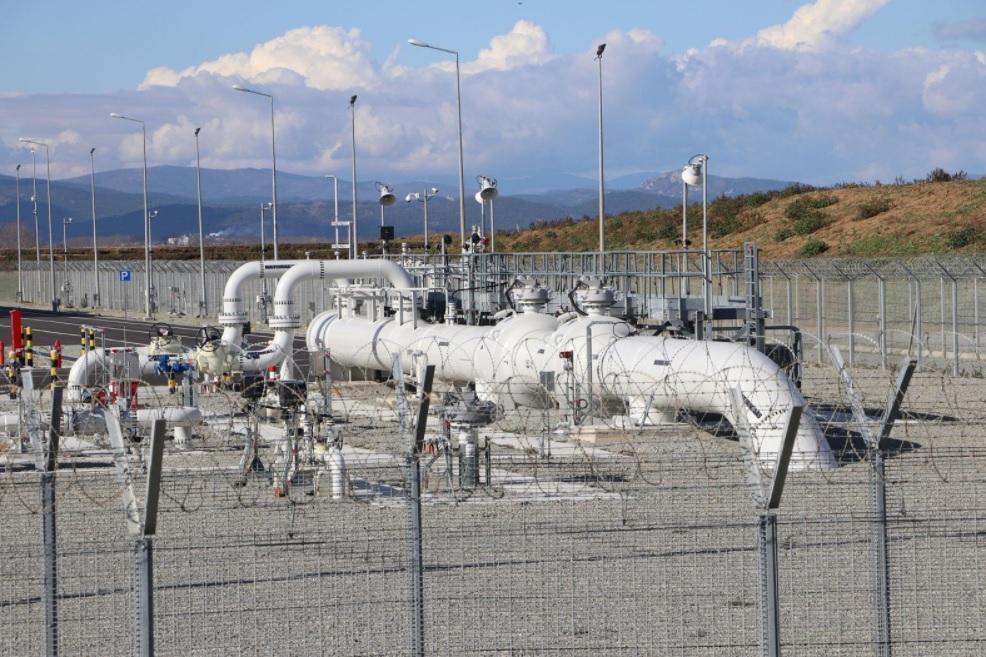
Turkey is becoming a strategic energy hub for Europe in the wake of Russia’s war on Ukraine, according to a new report released by Konrad Adenauer Foundation in Germany.
The report, which was sent to conservative German lawmakers last week, suggested enhanced cooperation between Berlin and Ankara to address energy problems and security challenges.
“In terms of diversifying Germany’s energy policy, there are limited alternatives to Russia in the short term,” the report said, but underlined that Turkey offers “real alternatives,” as European countries are seeking to reduce their dependency on Russia.
The report highlighted Turkey’s growing role as a strategic energy hub for Europe to bring natural gas from the Caspian Basin, Central Asia, the Middle East and the Eastern Mediterranean Basin.
Iran’s natural gas and oil can also be transported via Turkey, if talks on the revival of the Iran nuclear deal is successful, according to the report.
“As the Israel-Turkey cooperation on energy is now becoming more realistic, Turkey is emerging as an energy hub,” the report noted.
During his visit to Ankara on March 14, German Chancellor Olaf Scholz called for closer dialogue and cooperation between the EU and Turkey.
“We will do our best to expand our bilateral relations and to realize the full potential of our cooperation,” Scholz said during his visit.
The report also recommended German policymakers to pay more attention to Turkey’s security needs and its expectations from its European partners.
Natural gas flow from massive resource areas in Azerbaijan into European countries could be increased through the Trans-Anatolian Natural Gas Pipeline (TANAP) to ease energy supply woes across the continent, Turkish Energy and Natural Resources Minister Fatih Dönmez said last month.
The annual capacity of TANAP, which is currently at 16 billion cubic meters a year, will rise to 31 bcm soon, Dönmez told reporters after a ministerial meeting of the Southern Gas Corridor (SCG) countries in Baku on Feb. 4.
The SGC includes the Shah Deniz 2 field, the South Caucasus Pipeline, TANAP and the Trans Adriatic Pipeline (TAP). Azerbaijan, Georgia, Turkey, Bulgaria, Greece, Albania and Italy are the countries that are involved in the 3,500-kilometer-long project.


